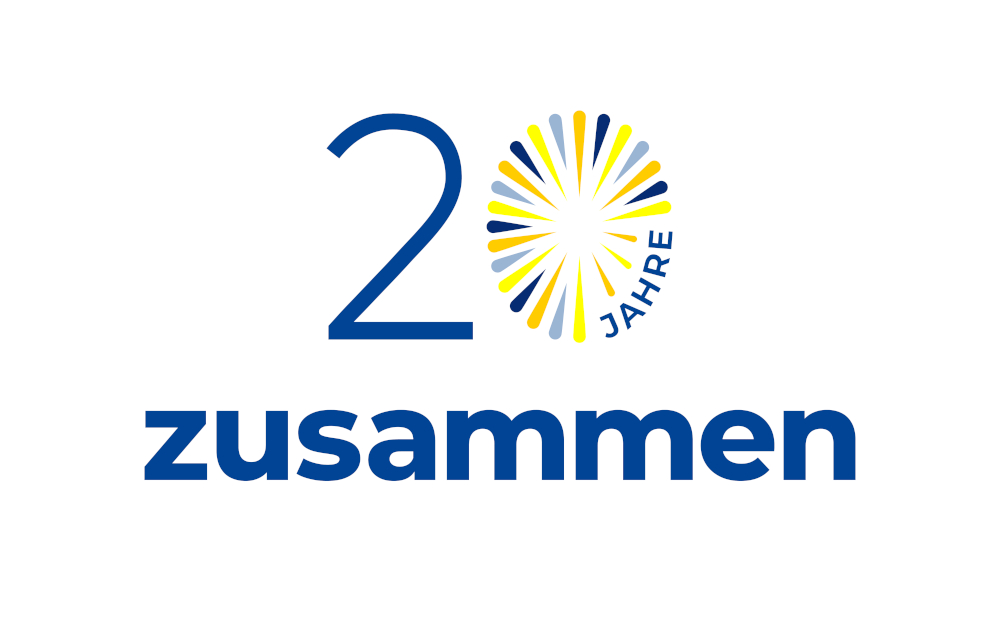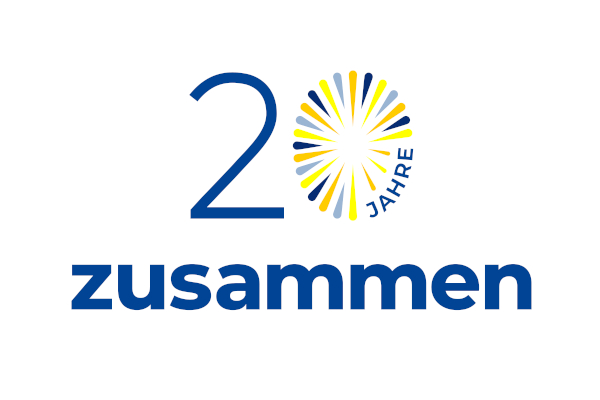Largest expansion in EU history to date – 10 countries joined the EU on May 1, 2004 – EU grew from 15 to 25 member states

There was cause for celebration on the night of April 30 to May 1, 2004 in many places in Estonia, Latvia, Lithuania, Poland, Hungary, Czech Republic, Slovenia, Slovakia, Cyprus and Malta. EU enlargement, often referred to as “Eastern enlargement”, was more than just a symbolic act of integration: it was also a decisive step towards economic growth, political stability and a united Europe whose coexistence and functioning were based on democratic values. With the accession of the ten countries, the European Union gained an additional 74 million EU citizens.
Despite the economic crises and the Covid-19 pandemic, the ten countries have managed to achieve above-average economic growth since 2004 – compared to other EU countries. GDP per capita in the 10 countries has risen from 59 percent of the EU27 average in 2004 to 81 percent in 2022. Trade relations between other EU countries and the new 10 member states have increased since 2000 It has increased five times. . Since 2004, more than 2.7 million young people from ten countries have participated in the EU Erasmus+ programme.
Significant advantages for Austria from EU enlargement in 2004
Austria has particularly benefited from the EU's 10-country expansion: Austria's exports to the five member states – Hungary, Slovenia, the Czech Republic, Slovakia and Poland – have tripled since 2003, reaching around €30 billion in 2023. Austria is also a major investor in the region. It derives many commercial advantages from its central location between Central, Eastern and Southeastern Europe.

Circa 1 May 2004: Accession celebrations in Tromeja on the border between Austria, Italy and Slovenia (the “Triangle”).
Photography by Fa Popo Do, 2004
Integration of the Western Balkans is a priority for the Austrian federal government
The “Grand Round” in 2004 was followed by the accession of Bulgaria and Romania in 2007 and the expansion to include Croatia in 2013. Following the withdrawal of the United Kingdom (“Brexit”), the EU now has 27 member states.
Developments in recent years have revealed the geopolitical importance of the European Union. Therefore, the integration of the six Western Balkan countries of Bosnia and Herzegovina, Serbia, Montenegro, Kosovo, North Macedonia and Albania into the European Union is also a special focus of Austria's foreign and European policy. Kosovo is currently a potential candidate state, while the other five Western Balkan countries plus Ukraine, Moldova, Georgia and Turkey have candidate state status.
Background: EU accession process
Any European country can apply for membership as long as it respects the democratic values of the European Union and is committed to upholding them. The path to the European Union is complicated. In addition to the various stages that a candidate goes through for membership, it must be ensured that the “Copenhagen criteria” are met.
Once the necessary negotiations and reforms are completed and both sides agree, the country can join the European Union. All EU member states must give their consent at the three stages of the accession process.
More information

“Food practitioner. Bacon guru. Infuriatingly humble zombie enthusiast. Total student.”








More Stories
Kyiv: Russian Kursk offensive halted
US Presidential Election: Former US Government Officials Warn Against Donald Trump's Election
Netherlands wants to leave asylum system